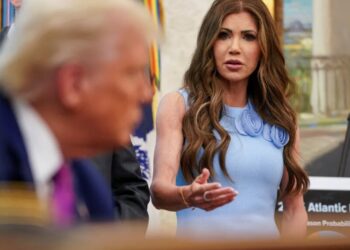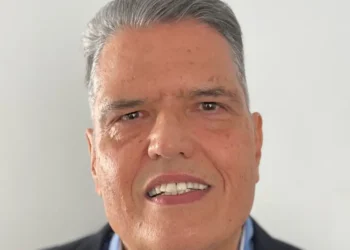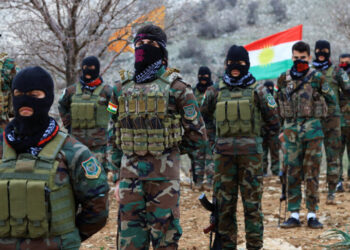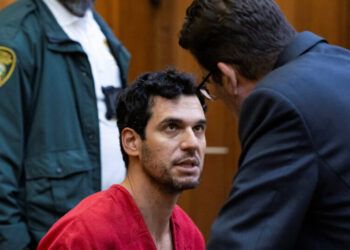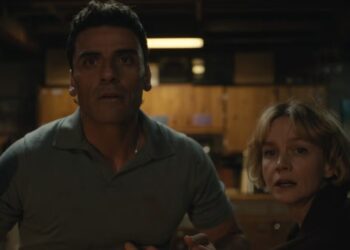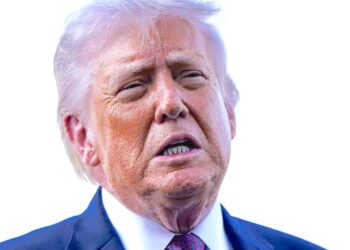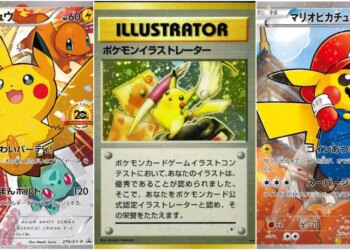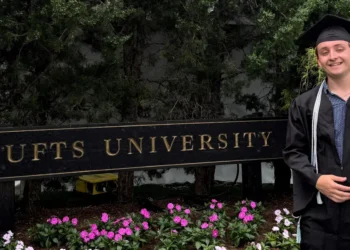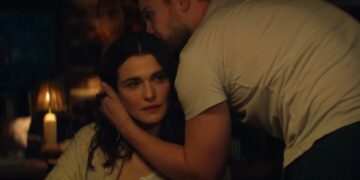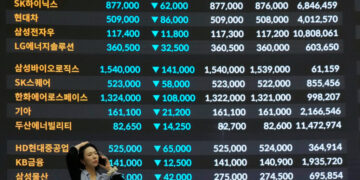Trump ‘especially upset’ at Kristi Noem as she puts him in ‘terribly awkward spot’: report
President Donald Trump was reportedly asking senators if he should fire embattled Homeland Security Secretary Kristi Noem following her testimony...
Mass Hysteria. Thousands of Jobs Lost. Just How Bad Is It Going to Get?
Thomas Greifenberger graduated from the University of Delaware last spring. Although he double-majored in finance and marketing and minored in...
A former FBI Special Agent who infiltrated the Italian Mafia, Mexican cartels, and Russian and Asian organized crime groups says he fears 1 group above the rest
Joaquin Garcia received the FBI Agents Association Distinguished Service Award in 2024. Courtesy of Joaquin GarciaJoaquin Garcia spent 24 years...
Iranian Kurdish Forces Say They May Enter Iran. Who Are the Kurds?
Iranian Kurdish forces, based in Iraq, are preparing armed units that could be sent into Iran, potentially with U.S. support,...
The Atlantic Announces Sarah A. Topol and Jenisha Watts as Staff Writers
The Atlantic is announcing two journalists who are becoming staff writers: Sarah A. Topol and Jenisha Watts. Sarah will join...
At the Whitney, a Biennial Gets Personal
Hating on the Whitney Museum of American Art’s Biennial has been an art world sport since the early 1970s, and...
Trump Claims Lurk in Thousands of Epstein Files About to Drop
A sprawling trove of documents tied to Jeffrey Epstein is set to reappear after federal officials acknowledged that tens of...
L.A. Broker and Reality TV Star Accuses Oren Alexander of Sexual Assault
A top real estate agent and reality television star has sued Oren Alexander, accusing him of sexual assault and sex...
‘Beef’ Season 2 Trailer Turns Up the Heat on a Rivalry Between Gen Z vs. Millennial Couples
A new feud is brewing in the trailer for “Beef” Season 2. Lee Sung Jin returns to his Emmy-winning anthology...
Leaked Memo Exposes Scary Timeline for Trump’s War
President Donald Trump’s war with Iran is expected to last a lot longer than the four to five weeks the...
